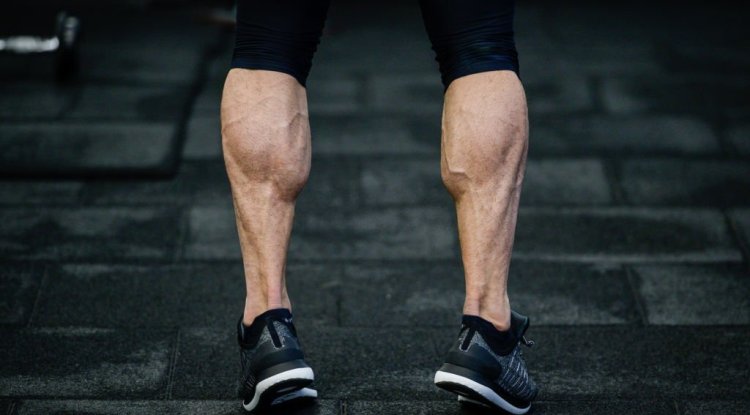Dietary Guidelines to Power Your Workouts
Your power output and the speed at which you heal from a session are significantly influenced by when and what you consume. Nutrition-related issues can become unnecessarily convoluted. But it is undeniable that your ability to make development in the gym is greatly influenced by your diet.

Dietary Guidelines to Power
Your Workouts

Your power output and the speed at which you heal from a session are significantly influenced by when and what you consume. Nutrition-related issues can become unnecessarily convoluted. But it is undeniable that your ability to make development in the gym is greatly influenced by your diet. To effect significant change, a variety of concepts and applications will be highlighted in this essay. Additionally, it will act as a reference and emphasize the meals high in nutrients that individuals should include in their regular diet program for the gym.
1: Concentrate

One might be astonished by how many busy individuals neglect the significance of nutrition fundamentals, only to run out of essential nutrients later. Your productivity and wellness may suffer if you don't consume sufficient vitamins, minerals, as well as other nutrients. However, refuelling for exercise is as simple as adhering to the proven guidelines of a balanced diet: Eat an assortment of fruits and vegetables, lean meats, healthy fats, whole-grain carbohydrates, and water, as well as enough other liquids.
2: Refuel

Even if you're attempting to reduce weight, provide your body with the required energy to perform the tasks you wish. Lack of nourishment can result in weariness, a decrease in bone density, and muscle mass loss. You run the danger of becoming hurt or unwell, it takes longer to recuperate, and it affects hormones. Make sure your food contains enough calories that are rich in nutrients to work out and remain healthy and injury-free.
3: Enjoy carbs

Some people have a negative perception of carbohydrates. But 50 years of research have demonstrated that carbohydrates support your body throughout the prolonged, intense activity. In actuality, you require more carbohydrates the more active you are. What about the popular high-fat, low-carb diet that athletes are adopting? There is evidence to support the claim that these diets reduce athletic performance at greater intensities rather than improving it. Carbohydrates supply energy to your muscles and brain when you exercise. Approximately 3 to 5 grammes of carbs should be consumed for every kilogramme of body weight if you wish to fuel a daily, light-intensity workout and are in good physical condition.
4: Use protein to rebuild

The amino acids your body requires to develop and repair muscle are found in protein, which is a crucial component of food. According to the majority of studies, extremely active persons should consume 1.2 to 2 grammes of protein per kilogramme of body weight. Therefore, a 150-pound individual has to consume 82 to 136 grammes daily. Less protein is recommended for non-active people. Per kilogramme of body weight, aim for.8 grammes each day. Fish and poultry both have 25 grammes of protein per 3-ounce serving (20 grammes in 3 ounces). For those who wish to avoid meat, 20 grammes of soybeans and other legumes, such as beans, peanuts, and chickpeas, are available in a cup (about 15 grammes per cup). Additionally, healthy options include tofu, Greek yoghurt, eggs, and cheese.
5: Pay attention to fats

For several people, the subject of fat is unclear. But it's crucial to a balanced diet. Fat supplies energy and aids in vitamin absorption. For several vitamins to work correctly in your body—like A, D, E, and K—fat is truly necessary. Select healthy fats only. Avocado, olive, and canola oils, flaxseed, and nuts are all excellent sources.
6: Be aware of your pre-workout needs.

A balanced diet should provide you with enough energy if you exercise for less than an hour each time. However, you might want to abstain from eating soon before exercising to prevent GI problems. Even if you're planning on engaging in persistent, intense activity, like running a half marathon, you should generally eat one to three hours before your exercise.
7: Keep in mind the 15 after your workout

During an exercise, your body uses the energy reserves it has saved. You should replenish those nutrients as quickly as you can following exercise. The essential amino acids needed to develop and repair muscles are said to be provided by consuming food packed with protein shortly after working out (around 15 minutes after), according to research. Additionally, it can result in your body storing more energy for later use.
Following your workout, you should refuel with carbohydrates and drinks. Drinking a smoothie after working out is one tactic.
What's Your Reaction?

















